Experts warn against Covid school closures
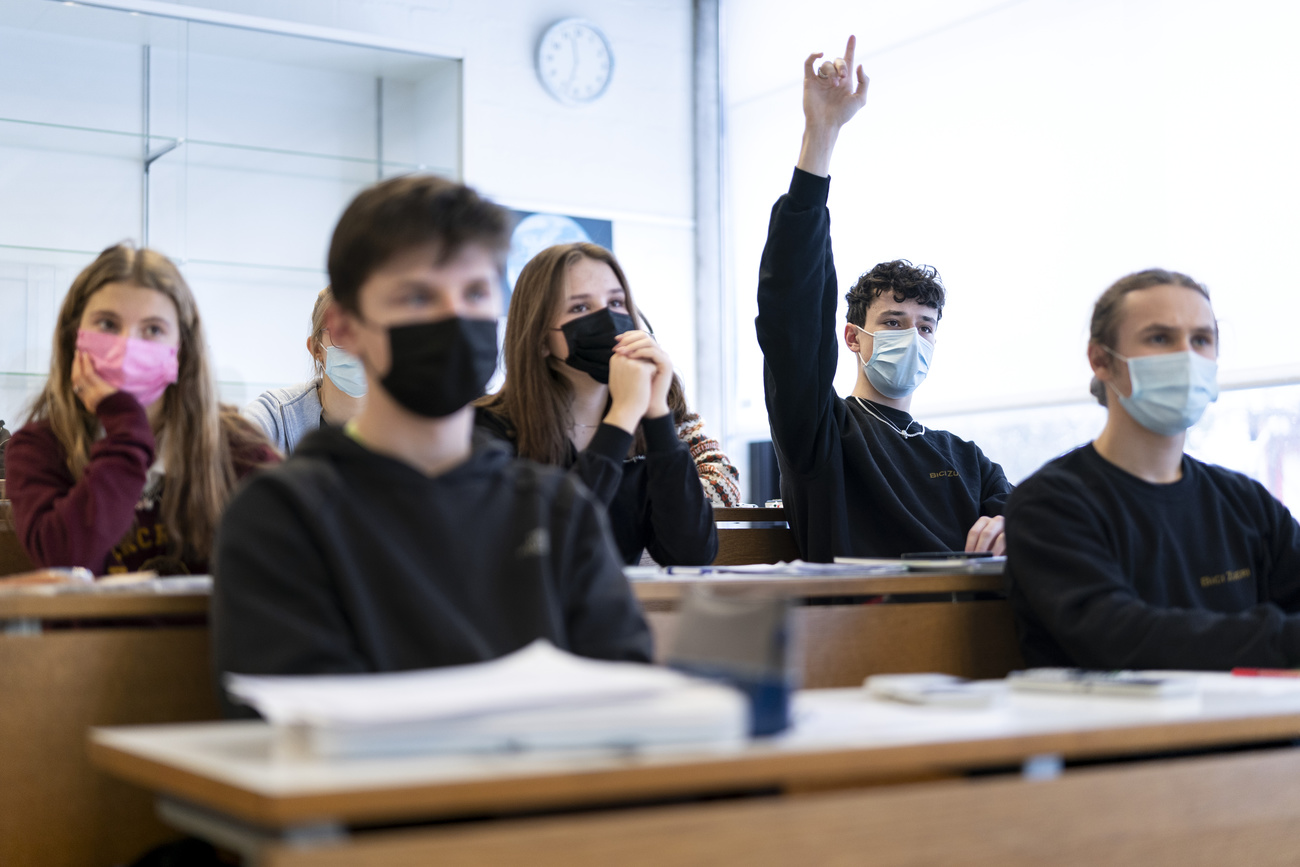
A Zurich study supports findings by OECD experts that school closures do more harm than good and should be avoided if possible as a response to Covid-19.
The two separate studies were unveiled in parallel on Wednesday. Speaking at a virtual event to launch the Organization for Cooperation and Development (OECD) report, Zurich University epidemiologist Susi Kriemler said her study showed schools were not hotspots for spreading the virus.
The Zurich study, led by Kriemler, looked at 2,500 children and adolescents aged 6 to 16 in Zurich canton who were tested for coronavirus antibodies during each of the three waves of the pandemic. Two percent tested positive for antibodies during the first wave in March and April 2020 when schools in Switzerland were closed, and 8% during the second wave when they were open. None of them fell seriously ill, and there was little indication of the children infecting each other, said Kriemler. Findings from the third wave are not yet available.
Harmful effects
OECD Director for Education and Skills Andreas Schleicher on Wednesday stressed the harmful effects on children and adolescents of school closures, which deprive them of important social spaces. He was presenting the findings of a reportExternal link on “the state of school education one year into the pandemic”, which looks at some 30 different education systems and their responses.
The OECD report found that different OECD member countries (which include Switzerland) had responded differently with regard to education during the pandemic, and school closures were not always linked to the number of infections. While online learning has been developed, the youngest children cannot take advantage of this, and the educational effects of school closures hit the most disadvantaged pupils hardest.
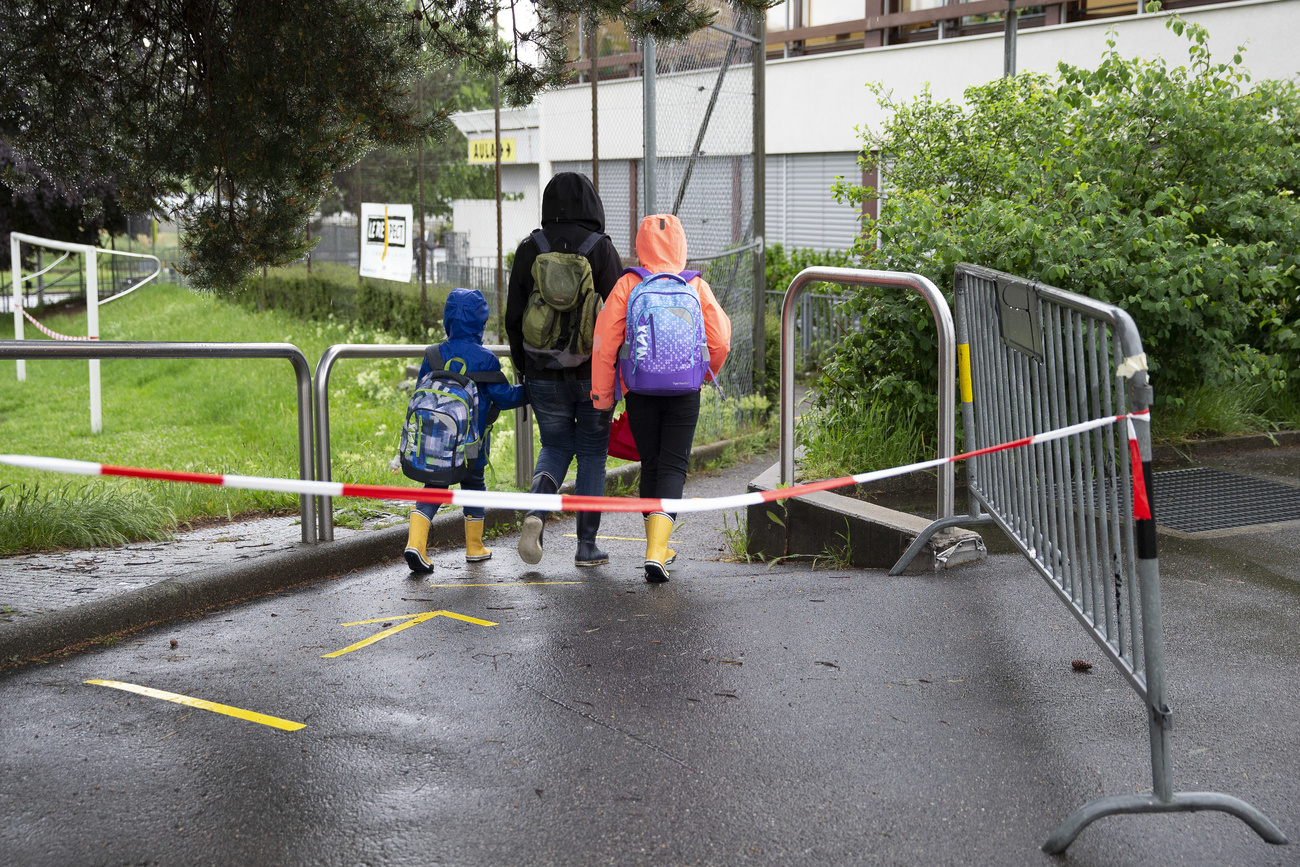
More
School closures cut Covid-19 infections, says study

In compliance with the JTI standards
More: SWI swissinfo.ch certified by the Journalism Trust Initiative
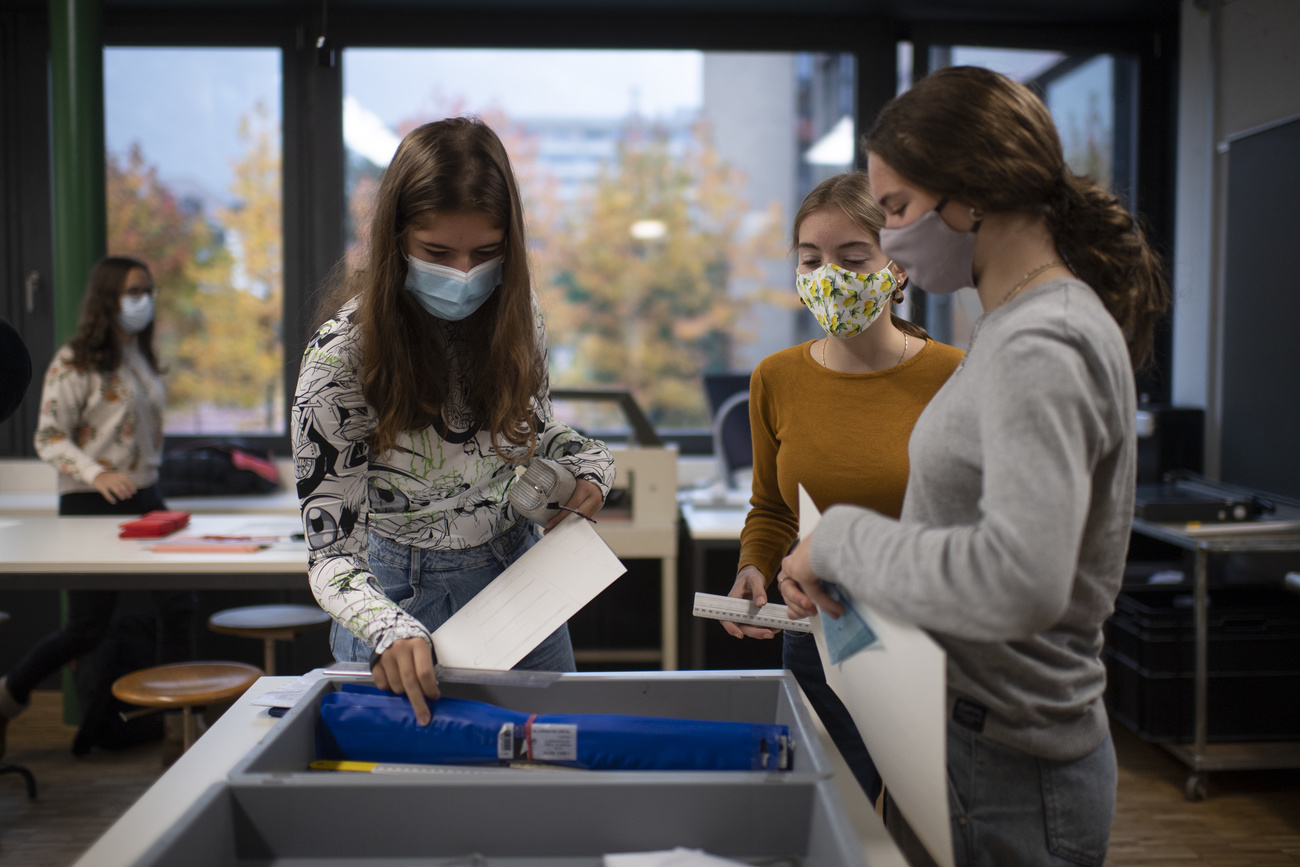
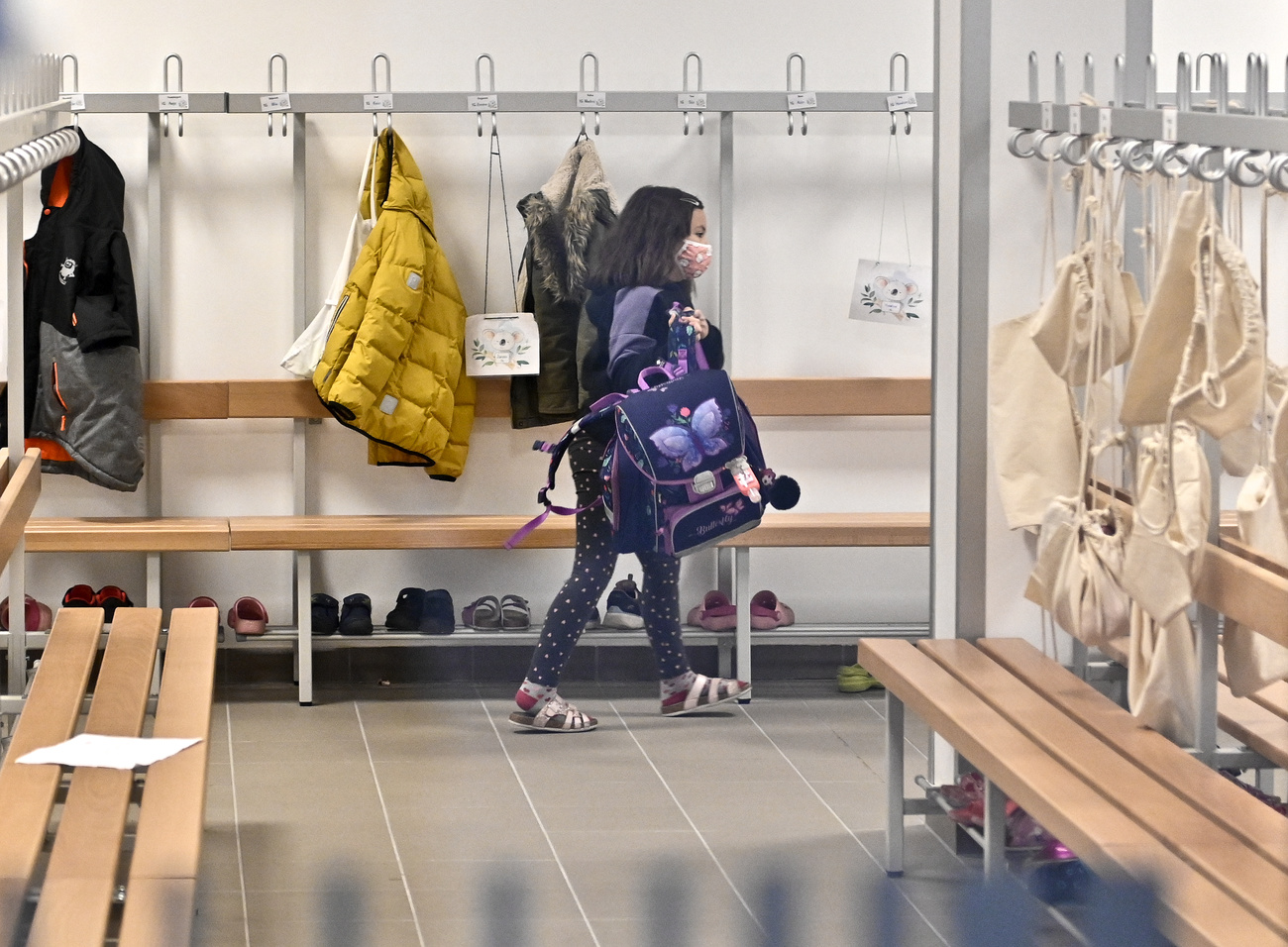
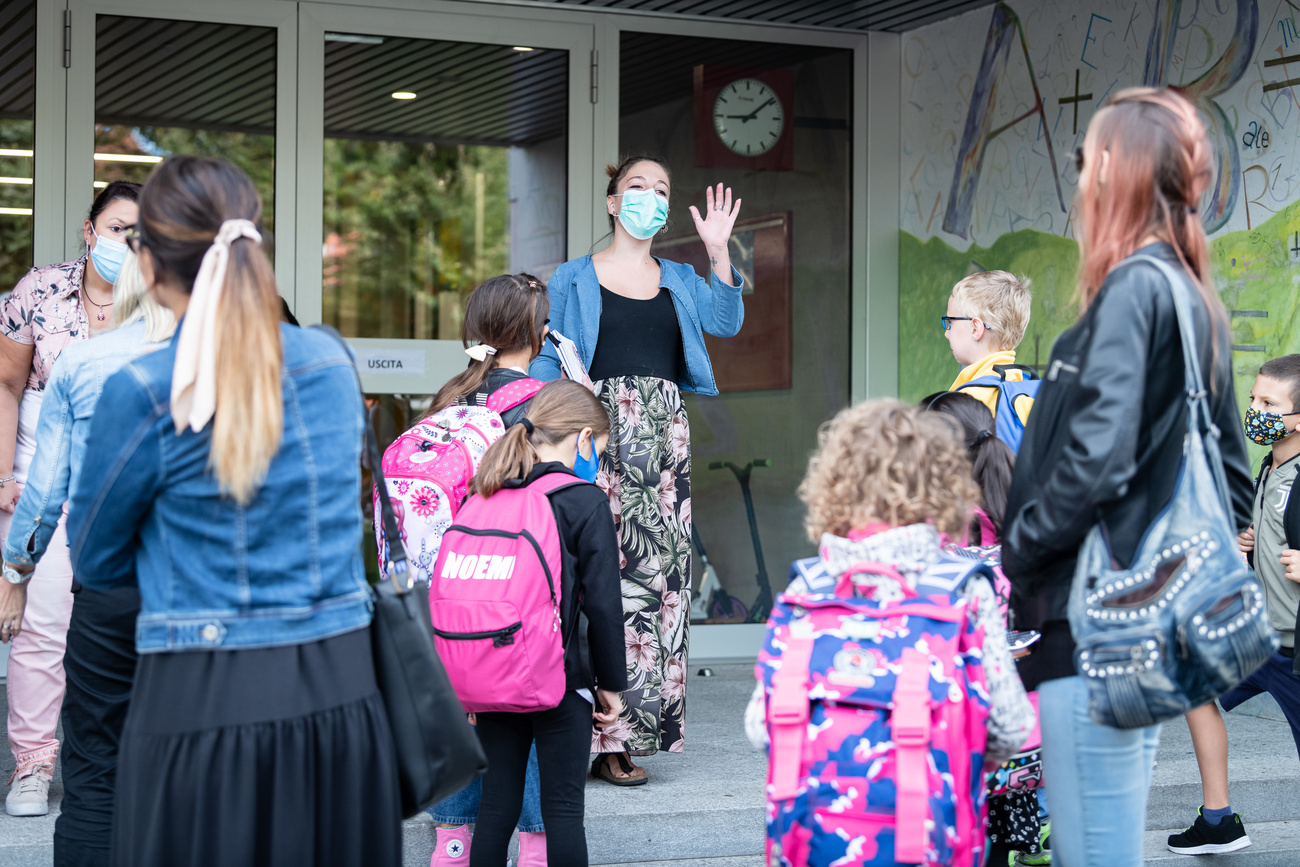
You can find an overview of ongoing debates with our journalists here. Please join us!
If you want to start a conversation about a topic raised in this article or want to report factual errors, email us at english@swissinfo.ch.